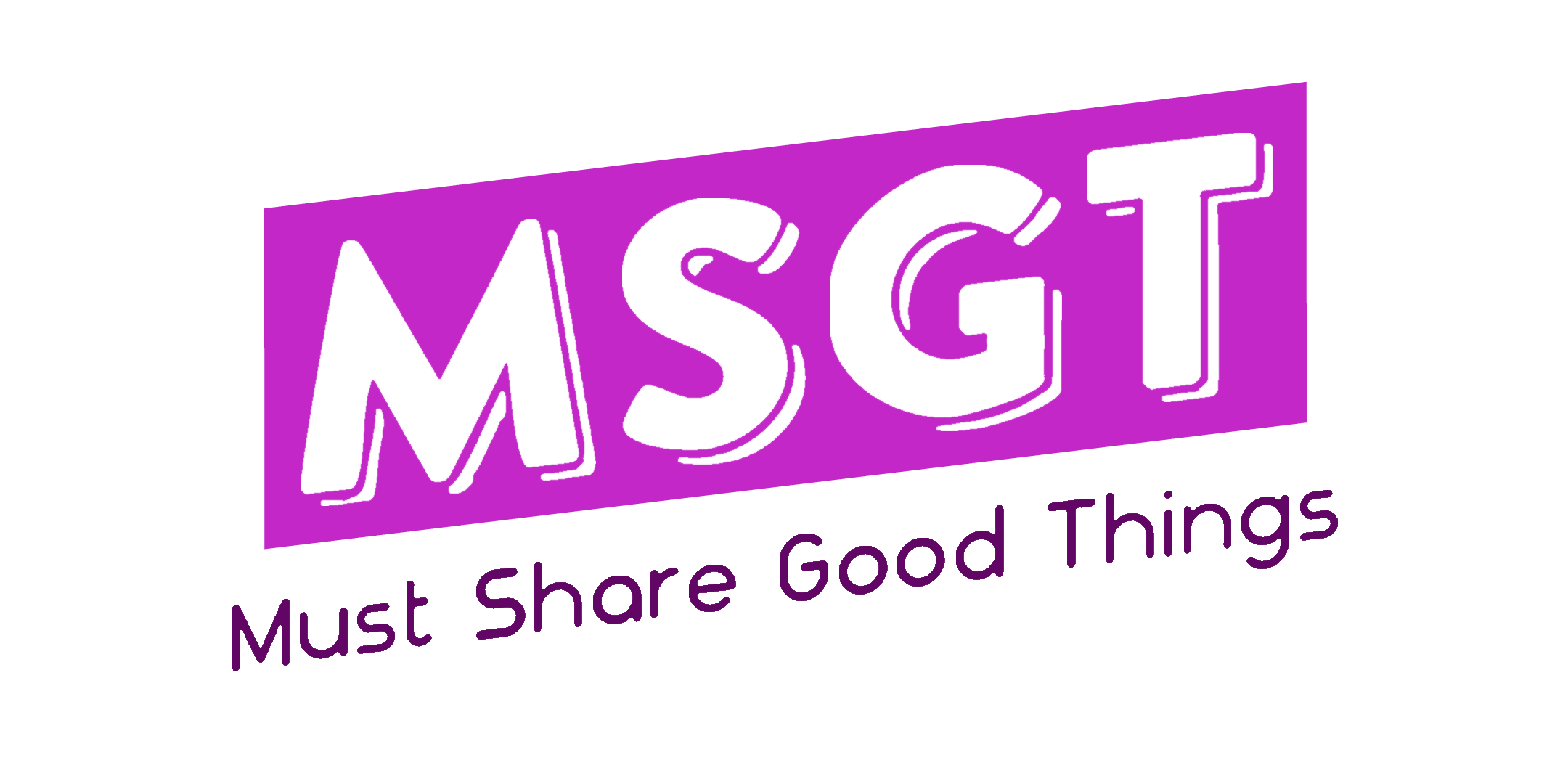For most Singaporeans we speak 2 different languages but learning a third language is something we may wish to learn at some point in our lives. It not only challenges our brain, but it also allows us to understand the diversity of civilizations throughout the world.

Learning a new language is challenging, and for most of us, our experiences have been contaminated by a school system that emphasizes rote learning and memorizing in order to pass an exam. This method makes a crash study and regurgitation good for the short term but being able to communicate successfully in the language for the long term is equally important.
- Learn Correct Pronunciation Early On

If you put it off, you’ll acquire poor habits that make learning proper pronunciation much more difficult than it has to be. Watch videos of native speakers demonstrating how to make unique sounds on YouTube until you can distinguish and pronounce each of them. If you come across a full review of the language’s phonology, be sure to read it thoroughly.
- Start With Elementary Grade Books

Personally, I feel that reading elementary books helps you get the gist of how the grammar is built. Reading is the most effective and efficient technique to expand one’s vocabulary, regardless of the language. And if you don’t recall learning a list of the 20,000 most common English words when you were a kid, it’s because you didn’t.
To grasp the meaning of a statement, we don’t need to know all the words. Even if the context merely offers us a hazy concept of what the word could imply, we can deduce the meaning of unknown tokens from it.
- Use The “Spaced Repetition” Technique
When it comes to language-learning techniques, spaced repetition is an oldie but a goodie. It aids in the recall of new words. To put it into practice, you must study each word and phrase you’ve learnt at regular intervals. They should be shorter initially as you study a new word or phrase several times during one practice session, before getting progressive longer. Once it’s firmly embedded in your mind, you’ll be able to go days or even weeks without forgetting what you’ve learned.
- Flash Cards

When it comes to learning, there’s something essential about utilizing flashcards. You’ve undoubtedly used flashcards to study the pieces of a cell, significant dates in history, or multiplication tables. When was the last time you used them, though?
As you get older, flashcards might appear a little out of date, but that shouldn’t be the case! Flashcards are a wonderful technique to reinforce vocabulary and concepts when learning a language. Great app to use is Anki Flashcards (It’s free) so check out the link for the IOS and Android here!
- Keep Yourself Motivated

Maintaining your motivation levels should always be a top priority. If you lose it, your learning will come to a standstill, and all you’ve done to improve your learning will be for naught.
Having a clear aim that you can identify with is the key to solving the motivation challenge. If you’re someone who gets thrilled about the possibility of learning a new language, this shouldn’t be an issue. If you’re not that fortunate, find a source of extrinsic motivation and refer to it whenever you lose your motivation.

It is difficult to learn a language. You probably need to purchase the necessary textbooks if you learn it in school but if you have access to the Internet, you have access to all of the information you need to quickly become proficient in your target language.
Be patient and consistent in your actions every day over a period of time. You will rapidly learn, meet new friends, experience a new culture, and add a new skill to your repertoire if you give it time and effort. Best of luck!
This article was brought to you by Han. I pretend to be broke in order to stay wealthy, yet I’m not wealthy.
–








